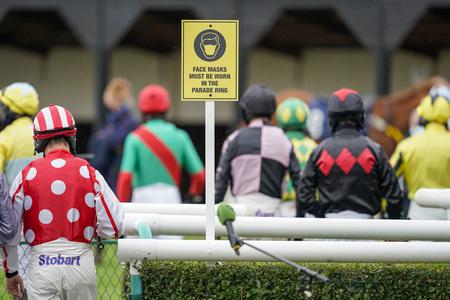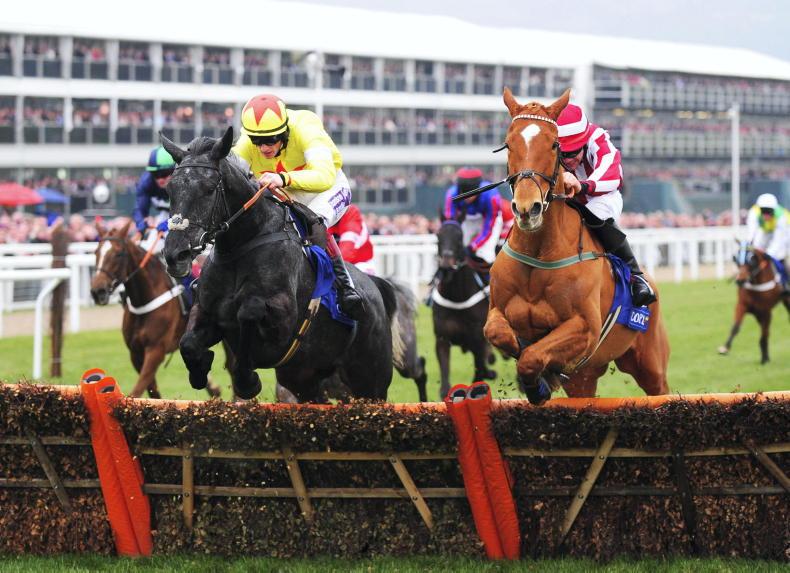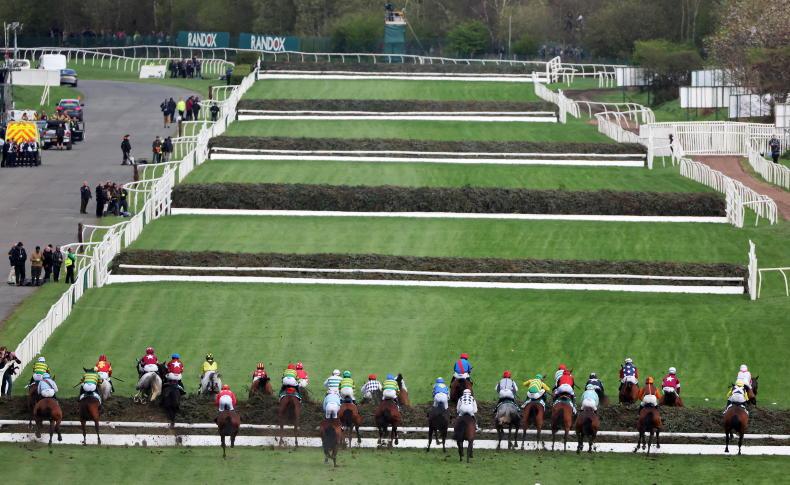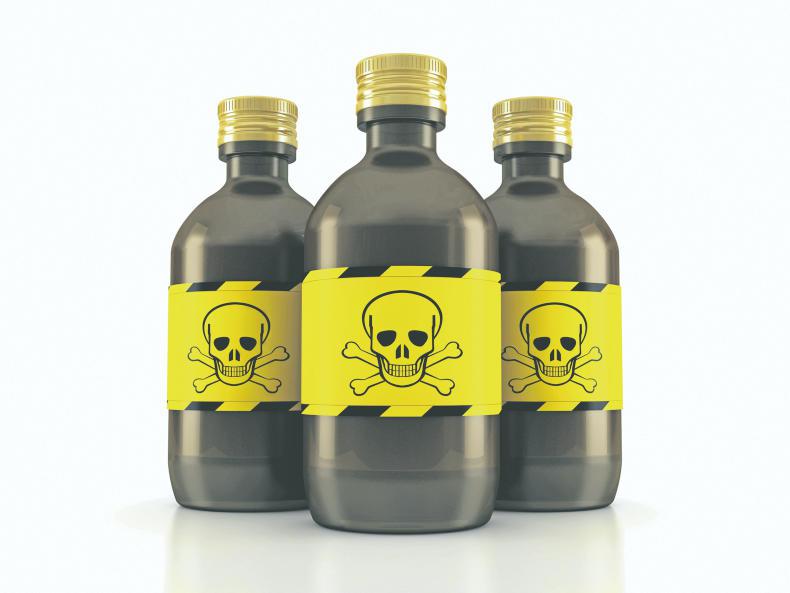British racing plans to introduce a ground-breaking pilot scheme of raceday saliva tests for jockeys to detect cocaine and other banned substances.
The joint-venture, developed by the British Horseracing Authority and the Professional Jockeys Association, is set to begin this spring.
Announced on the same day as jockey Philip Prince received a six-month suspension following a positive cocaine test, the intention is that oral swabs will be able to quickly indicate presence of any banned substance in a rider’s system.
If the pilot scheme proves successful, racing may become the first major sport in Britain to use saliva testing – which would enable them to stand jockeys down for that day’s racing.
A BHA statement read: “Any jockey who tests positive would be stood down from riding for the day, in the interests of the safety of fellow jockeys and horses, as is the case with breathalyser tests for the presence of alcohol.
“As well as providing instant responses, saliva testing is also highly cost effective. If the pilot proves successful and the system is rolled out on a permanent basis, this – combined with increased funding being allocated to testing in 2021 – would result in a significant increase in the number of raceday tests carried out each year.”
The BHA’s chief regulatory officer Brant Dunshea said: “This is an exciting and innovative proposal which could have a huge impact on our ability to protect the sport against individuals who are competing while under the influence of prohibited substances.
“We hope that the use of on-the-day screening, alongside increased testing capacity, will provide greater deterrent to potential offenders and greater reassurance to riders that they are competing in a safe environment, should the pilot be successful.”
Any jockey who provides a positive saliva test will then be required to undergo a second to confirm the result “for the purposes of any further investigation or disciplinary action” and will be contacted by the BHA’s chief medical adviser “to discuss any care and support that may be appropriate.”
Dunshea added: “There is much more to tackling issues such as substance use than pure regulation.
“The BHA is also working with the PJA to take a wider look at this issue and how we can better educate and protect our participants and rehabilitate those who do become involved.
“We want to encourage a culture of openness within our sport. We want people to have confidence to come forward and speak up about all issues around health and well-being, and will seek to support anyone who faces problems or has found themselves in difficulty.
“We would encourage anyone who is involved with issues around substance use, or know of someone who is, to contact the PJA or the BHA’s Chief Medical advisor Dr Jerry Hill directly, or contact the PJA’s confidential helpline and support network run by Sporting Chance.”
Prince, who has ridden 69 career winners since 2009, admitted his breach of the rules and also confirmed he is already receiving residential treatment via Sporting Chance, which provides the PJA’s confidential helpline and support network.
“I would like to start by apologising to everyone I let down and to the wider sport and also to thank everyone that has helped me through this difficult time,” he said.
“The PJA, (trainer) Mark Lougnane and his wife Clare have been absolutely brilliant in the help and support they have given me.
“I’d also like to thank the BHA for their help, support and understanding through the entire process.
“I am still at Steps Together (residential treatment centre) – and without this place, I would still be in active addiction.
“I am now looking forward to my future back in racing and free from addiction and being me again.
“I am finally back in a positive frame of mind and looking forward to the future – which is looking much brighter for me personally than it was not so long ago.”
PJA chief executive Paul Struthers said: “I am delighted that Philip is responding so well to the support and treatment that is available through the PJA and that the honesty he’s shown and actions he’s taken since testing positive were given the credit they deserved by the disciplinary panel.
“Addiction of any sort is a terrible thing, and we are there to support any of our members who need it. While we will continue to foster an environment where we support those in need without judgment, and people feel able to come forward and utilise the help that’s there, it is equally important that we do everything we can to protect all our members.
“We therefore need a system that discourages poor decision-making in the first place, reduces the chance of addiction developing and encourages people to come forward for support at an earlier stage.
“One aspect of such a system is more testing, and it is for this reason that the PJA has been calling for more testing of jockeys for several years.
“We’ve been working closely with the BHA on the proposed pilot of saliva testing and very much welcome it.”




 This is a subscriber-only article
This is a subscriber-only article
 It looks like you're browsing in private mode
It looks like you're browsing in private mode










SHARING OPTIONS: